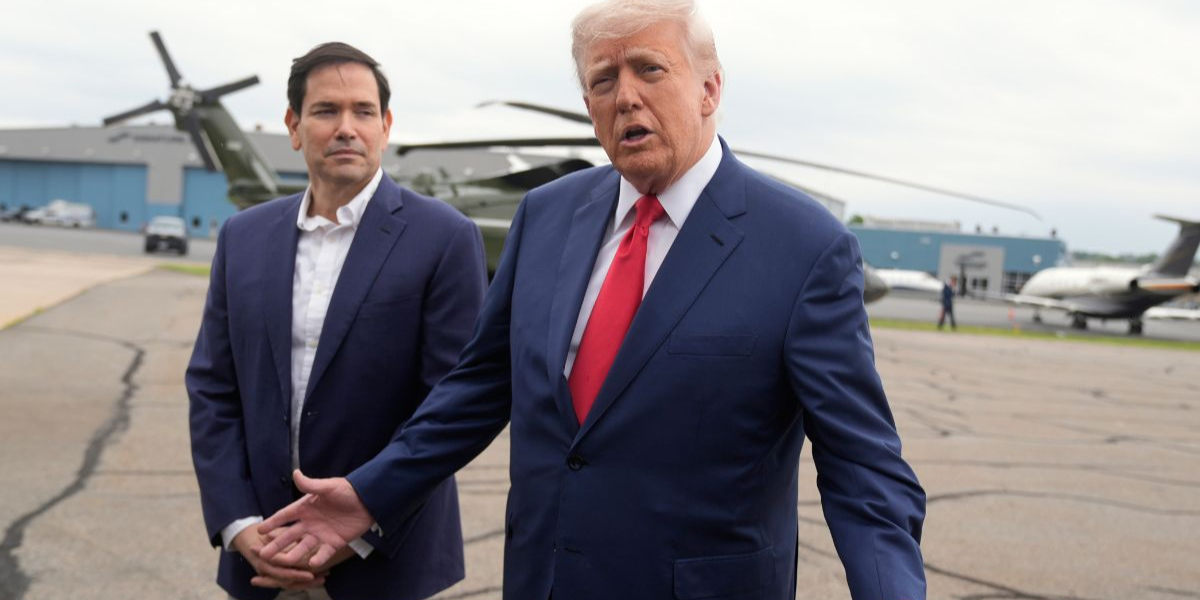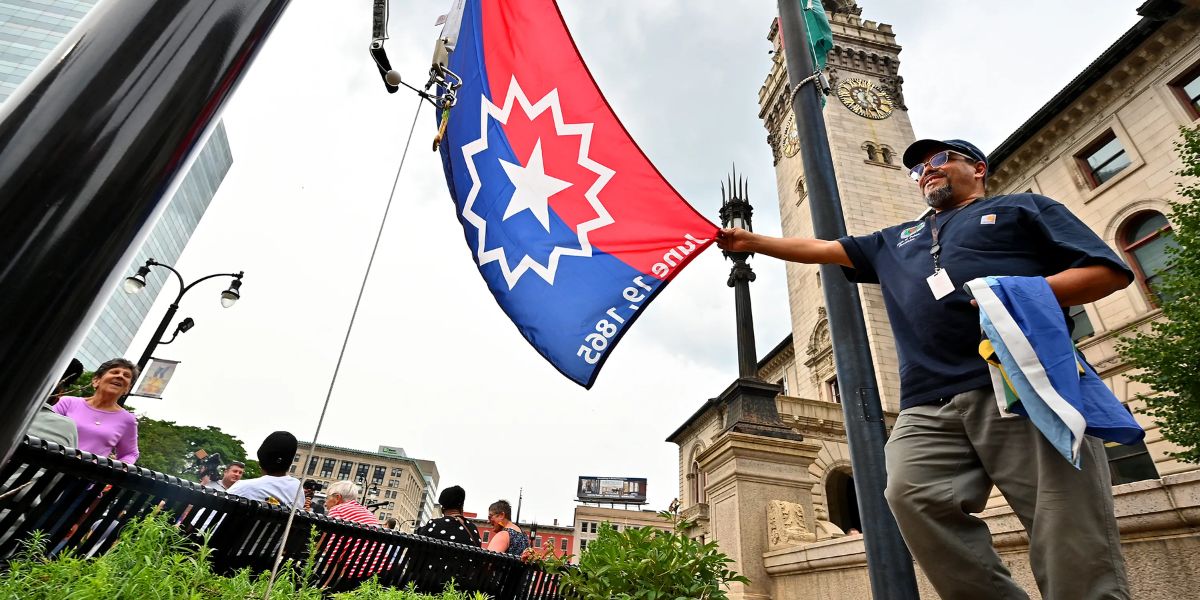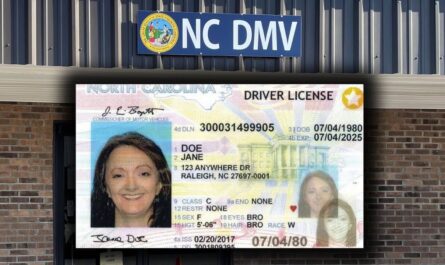A federal judge in Seattle says it’s “more clear than ever” that action and clarity are needed to find out how many refugees have been affected by President Trump’s plans to suspend the U.S. Refugee Admissions Program (USRAP) for 90-day periods. This comes after immigration lawyers said in court on Monday that the number could be in the “hundreds or even thousands,” which is a lot more than the 160 who have been identified.
Monday morning at a hearing in the Western District of Washington, U.S. District Judge Jamal Whitehead, who was appointed by Joe Biden, told lawyers from the Justice Department and the lawyers representing Pacito, a Congolese refugee who is suing the government over the suspension of USRAP along with eight others, that they can “expect an order from the court by the end of the week” about setting up a formal compliance framework to check whether refugees are eligible under an injunction he issued in February.
At Monday’s meeting, the Trump administration tried to apply his most recent travel ban from June 2025 to refugees that the court had ordered to be resettled under Whitehead’s preliminary injunction.
It is one of the first times a federal court is thinking about how the U.S. Supreme Court’s decision on June 27 to limit national injunctions will affect a case.
The lawyers for Pacito said in a document filed last week that the high court’s decision did not affect their case. In a seven-page move, they asked Whitehead to keep upholding the order that the Trump administration can’t try to “dismantle” the country’s refugee resettlement system.
The case started because Trump wanted to stop USRAP “until the process of letting more refugees into the United States is in line with the best interests of the United States.” Trump’s executive order was called a “stark violation of federal law” by the plaintiffs in their case. They also said that Trump broke the 1980 Refugee Act, which is part of the larger Immigration and Nationality Act (INA). The lawsuit says that this federal law “sets out detailed policies and procedures” that make up the USRAP. The plaintiffs also say that some parts of it are “statutorily mandated.”
On Monday, Perkins Coie lawyer Jonathan Hawley said that the Trump administration and the district court should think about all the people whose travel plans were canceled “for reasons other than the refugee ban” before it went into effect and who then couldn’t rebook them because of the ban. He said that even though a motion for class certification is still being considered, it should support more people getting help, and that “urgency” is very important because some refugees have health problems and medical conditions.
“We have evidence that the travel ban was imposed even before its effective date, and indeed even before January 20, 2025,” he said. “We know of at least one Afghan refugee who had travel scheduled for January 16, 2025, where travel was canceled without reason, and the refugee was never rebooked for additional travel.”
Hawley said that there may have been “pretextual cancellations in the lead up to the executive order.” This could be why, starting on January 20, only 160 injunction-protected refugees are being accepted over the course of two weeks. Out of that group, 120 have been processed and are waiting to be let in. The June travel ban will touch about two-thirds of them.
“Given that there are 52 weeks in a year and that 100,000-plus refugees are admitted annually, you would expect in a given two-week period to see thousands of refugees … for any given two-week period,” Hawley said. “We only have 160 here…” Because of the refugee ban, it is not only likely but also likely that the government may have stopped some travel on purpose.
At the end of the hearing, Whitehead seemed to agree, saying, “As Mr. Hawley has pointed out numerous times, there needs to be a dispute resolution process, or whatever you want to call it, for evaluating the case-by-case reliance interests of the injunction-eligible refugees.”
At one point, the judge agreed with Hawley that the Trump administration was wrong to try to say that Trump’s most recent travel ban was different from the one he made during his first term. Hawley and Whitehead didn’t agree with DOJ lawyer David Kim’s claim that the two travel bans had different language and that the most recent one accepted refugees while his first ban didn’t.
“I have the text of these two carve-outs side by side, the old travel ban and the new travel ban, and I confess — I struggle to find any meaningful difference from them,” said Hawley.
“There’s a strange resemblance,” Whitehead said.


 by
by 

